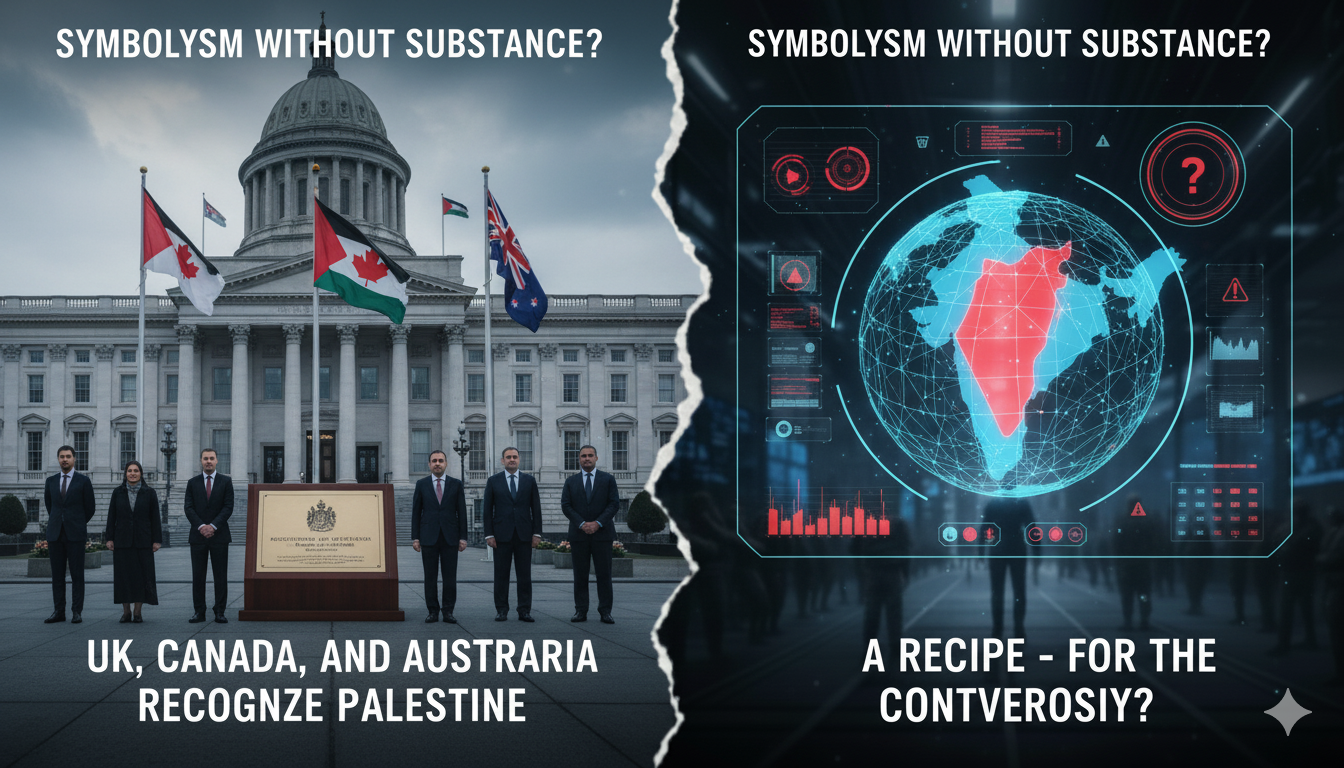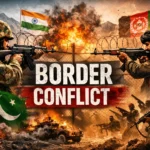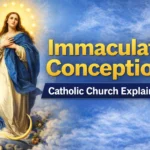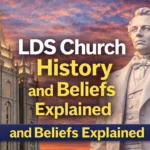By Ch. Haroon Rashid
In a landmark move, three close U.S. allies — the United Kingdom, Canada, and Australia — have formally recognized the State of Palestine. Their leaders framed this recognition as a moral duty, a humanitarian response to the Gaza crisis, and a strategic step toward reviving the two-state solution.
The decision marks a significant break with Washington’s long-standing stance of opposing unilateral recognition. Yet the question remains: does this recognition represent a genuine diplomatic breakthrough, or is it a ceremonial gesture without practical consequences?
Global Reactions
Palestinian Response
The Palestinian Authority celebrated the announcement, calling it a “courageous correction of historic wrongs” and a long-overdue step toward justice. Many Palestinians view the recognition as an important moral victory, even if its immediate impact on the ground is limited.
Israel’s Outrage
Israeli Prime Minister Benjamin Netanyahu condemned the recognition as a “reward for terrorism,” vowing never to accept a Palestinian state west of the Jordan River. Israeli officials argue that unilateral recognition destabilizes the region and undermines peace negotiations.
United States Stance
The U.S. remains firmly opposed to unilateral recognition, insisting that Palestinian statehood must be the result of direct negotiations with Israel. Washington warned that the move risks emboldening Hamas and further complicating peace efforts, reflecting growing divergence between America and its allies.
Europe & Beyond
- France is reportedly considering recognition, signaling potential momentum within the European Union.
- Arab and Muslim-majority states widely welcomed the step, urging further international alignment.
- Global civil society movements — particularly in the West — have applauded the decision, though Jewish communities in these countries remain concerned about security implications for Israel.
Domestic Divisions
In London, Ottawa, and Canberra, public opinion is mixed. Pro-Palestinian groups celebrated the recognition, while critics warned it was largely symbolic — more about political positioning than practical change.
Core Concerns
- No Mechanism to Halt Aggression: Recognition does not prevent Israeli military actions in Gaza or settlement expansion in the West Bank.
- Conditional Statehood: The UK, Canada, and Australia attached conditions — excluding Hamas from governance, requiring Palestinian Authority reforms, and holding elections — which may delay real progress.
- Diplomatic Friction: By breaking from Washington, these allies risk weakening Western unity on Middle East policy.
- Symbolism vs. Reality: Without enforcement, recognition risks remaining a paper victory rather than a transformative shift.
Analysis & Conclusion
The recognition of Palestine by the UK, Canada, and Australia is a symbolic milestone in international diplomacy. It places pressure on other Western nations to reconsider their positions, challenges U.S. dominance on the issue, and gives Palestinians long-sought political acknowledgment.
However, symbolism is not sovereignty. Recognition alone does not stop Israeli aggression, protect civilians, or ensure the establishment of a functional Palestinian state. Without concrete measures — diplomatic pressure, sanctions, or international guarantees — this move risks being remembered as ceremonial rather than consequential.
The real test lies in whether the international community is willing to go beyond words and confront the realities of occupation, displacement, and aggression. Until then, Palestine’s recognition will remain more a gesture of intent than a guarantee of freedom.










